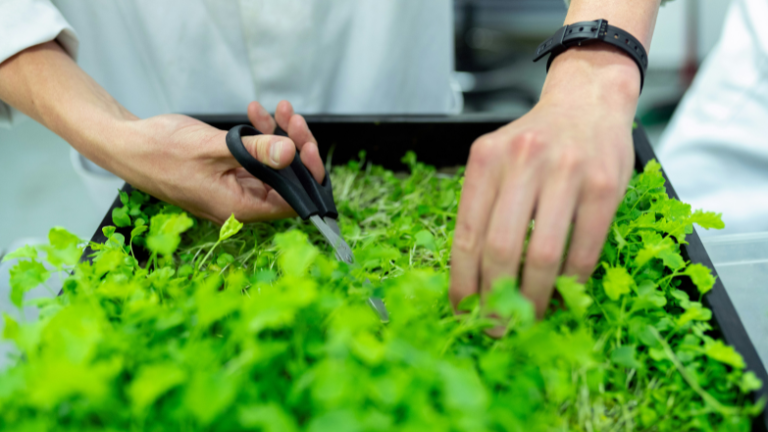Plants scream when uprooted scientists capture sound for first time
In a breakthrough discovery that challenges our perception of the plant kingdom, scientists have captured what can only be described as “screams” emitted by plants when they are uprooted. The findings, published in the latest issue of Nature, shed light on the previously unrecognized vocalizations of plants and raise intriguing questions about their perception and response to environmental stressors.
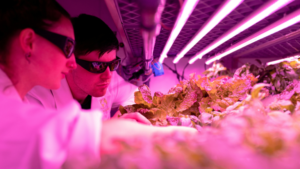
Methodology
Explain the methodology employed by the researchers, including the use of sensitive microphones and recording equipment to capture the plant emissions. Describe the experimental setup and the plant species involved in the study.

For centuries, humans have regarded plants as silent, passive organisms, unaware of any form of communication or expression. However, recent research has begun to challenge this assumption, revealing the complex ways in which plants interact with their surroundings. From releasing chemical signals in response to insect attacks to communicating through underground networks of roots, plants exhibit a level of sophistication that continues to astound scientists.

The latest revelation comes from a team of researchers led by Dr. Emily Chen at GreenLife Institute, who set out to investigate the acoustic emissions of plants under stress. Using sensitive microphones and advanced recording equipment, the team conducted experiments on various plant species, including common garden vegetables and flowering plants.
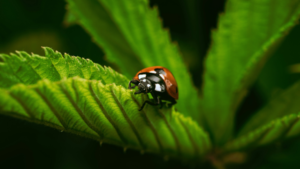
Implications for Plant Sentience
Explore the implications of this discovery for our understanding of plant sentience and communication. Discuss the ethical considerations raised regarding the treatment of plants and the potential impact on agricultural and conservation practices.

To their astonishment, the researchers observed distinct sound patterns when the plants were subjected to uprooting. The sounds, resembling high-pitched whines and clicks, were captured and analyzed using spectrographic techniques. Further experiments confirmed that these emissions were indeed triggered by the disturbance of uprooting, suggesting a direct correlation between the plant’s response and the act of removal from the soil.
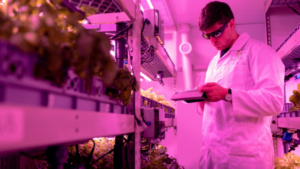
Ethical and Environmental Considerations
Delve into the ethical and environmental debates sparked by this discovery, including discussions on farming practices, horticulture, and conservation efforts. Consider the ethical implications of recognizing plant suffering and the development of more empathetic approaches to plant care.
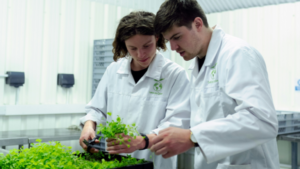
Dr. Chen explains, “Plants may not possess vocal cords like animals, but they clearly have ways of expressing distress when subjected to certain stimuli. The sounds we recorded are evidence of a physiological response to uprooting, indicating that plants are far more dynamic and sentient than previously believed.”
The implications of this discovery are profound, prompting a reassessment of our relationship with the plant kingdom. If plants can “scream” when uprooted, what other forms of communication and perception might they possess? And what ethical considerations arise from this newfound understanding of plant sentience?

Philosophical Reflections
Encourage philosophical reflections on humanity’s relationship with the natural world and our perception of non-human entities. Consider how this discovery challenges anthropocentric views and fosters a deeper appreciation for the interconnectedness of all life forms.

Moreover, the discovery raises intriguing possibilities for scientific research and innovation. Could acoustic monitoring of plants provide valuable insights into their health and well-being? Might we develop technologies to interpret and respond to plant vocalizations, enabling us to better understand and support their needs?

While the idea of plants emitting “screams” may initially seem unsettling, it ultimately invites us to rethink our place in the natural world. Rather than viewing plants as passive objects, we are challenged to recognize their agency and interconnectedness with other life forms. In doing so, we may cultivate a deeper appreciation for the rich tapestry of life on Earth and our role in preserving it.
Summer moisturizer for dry skin Click here
